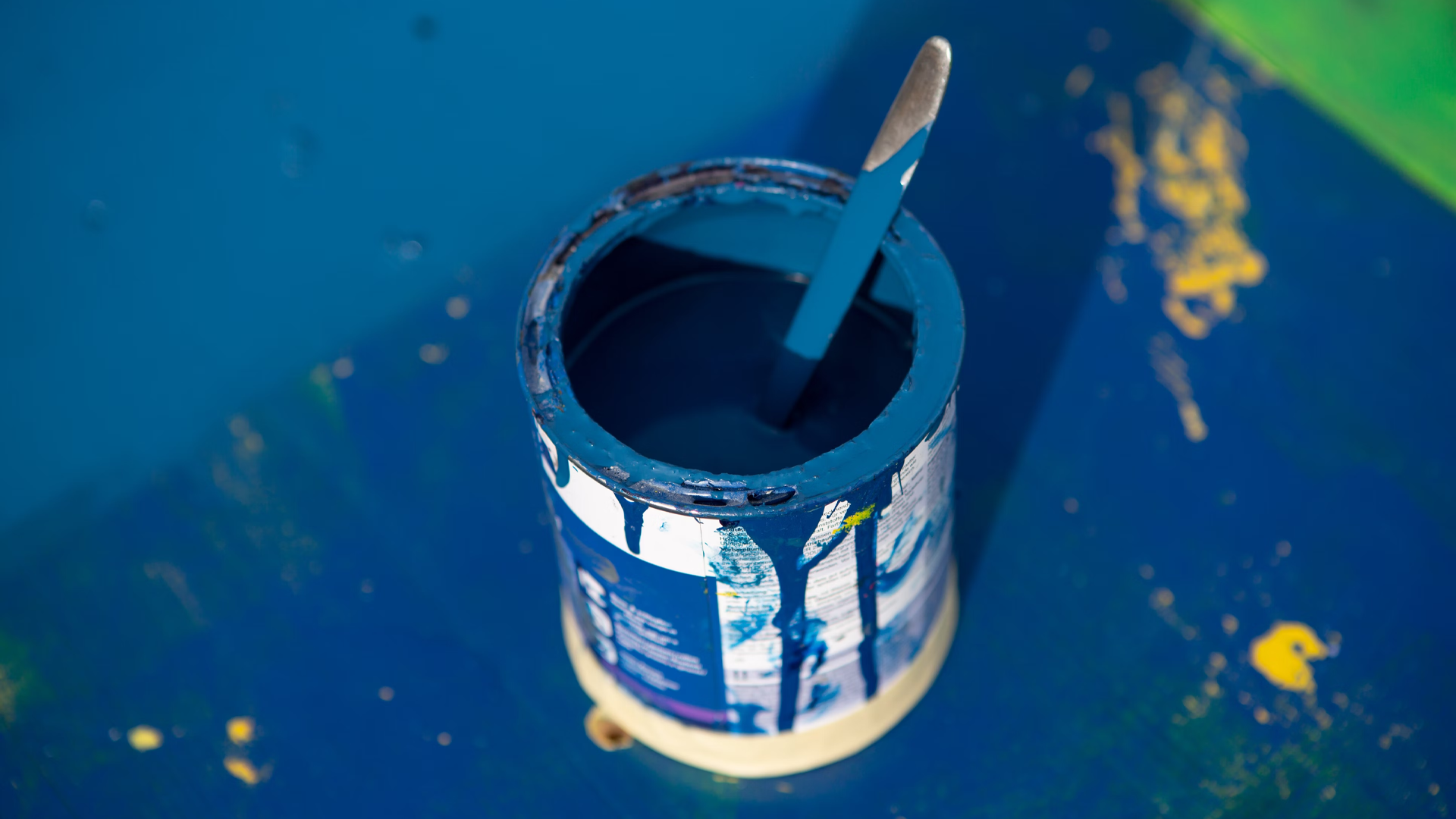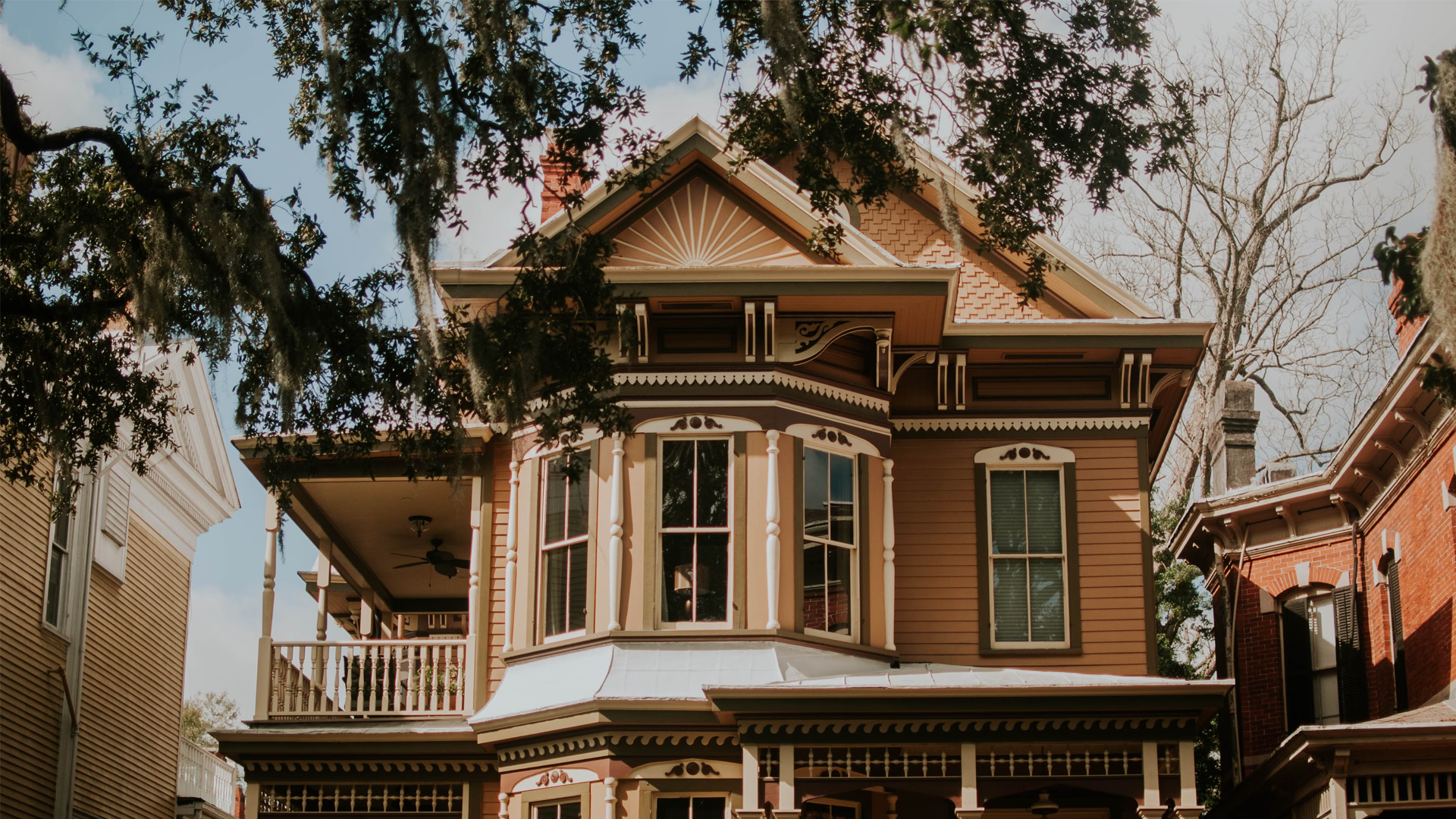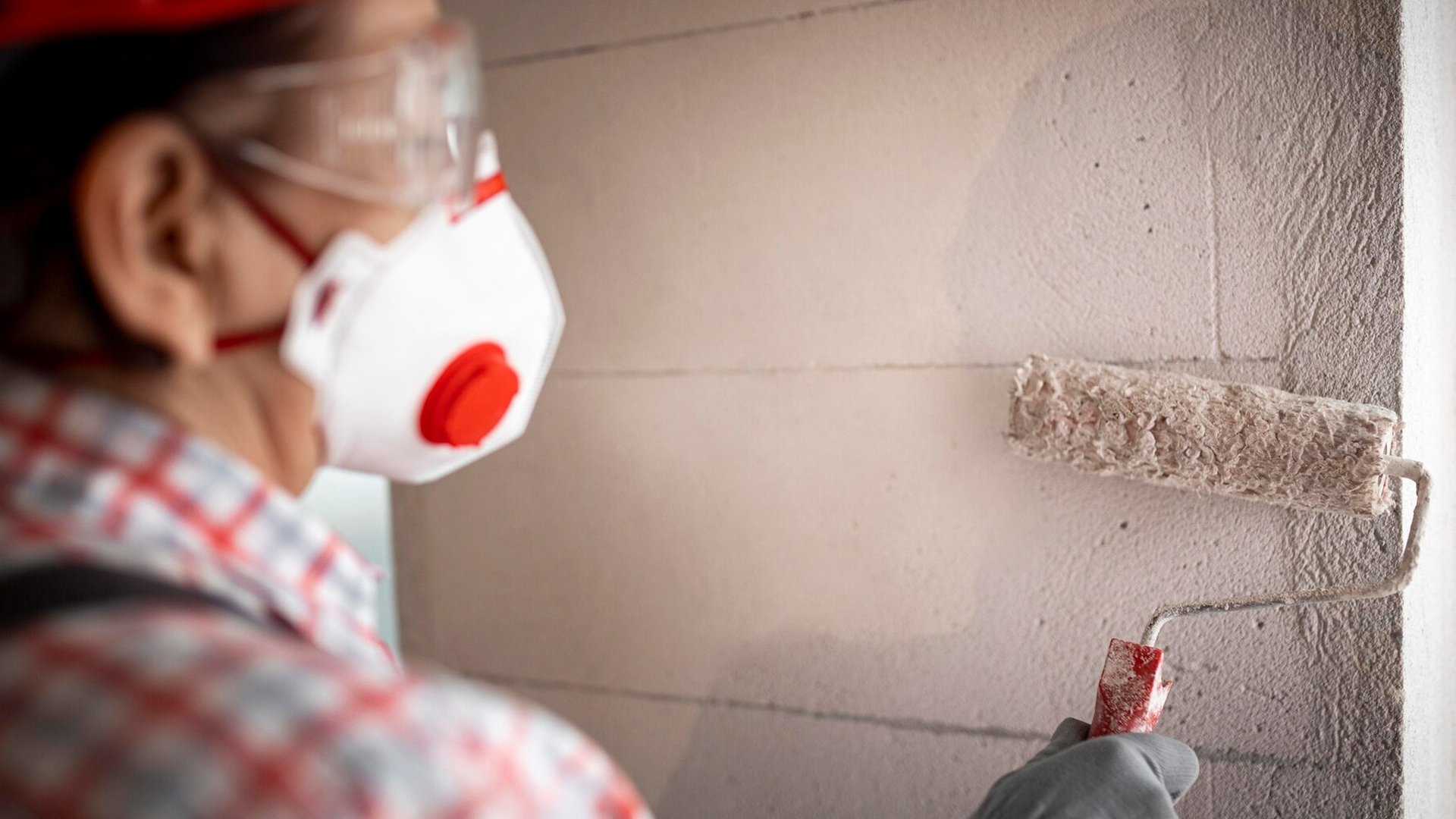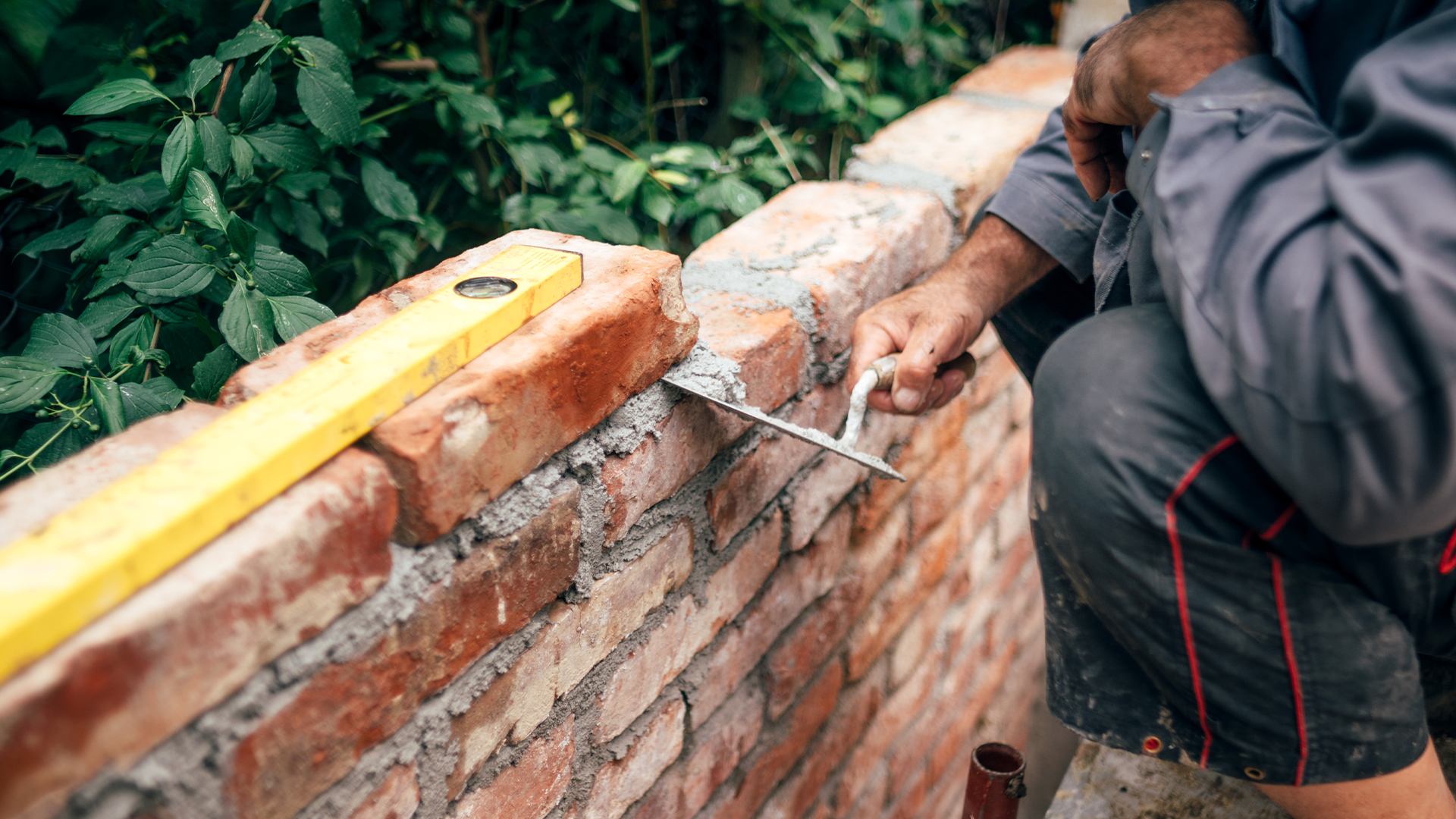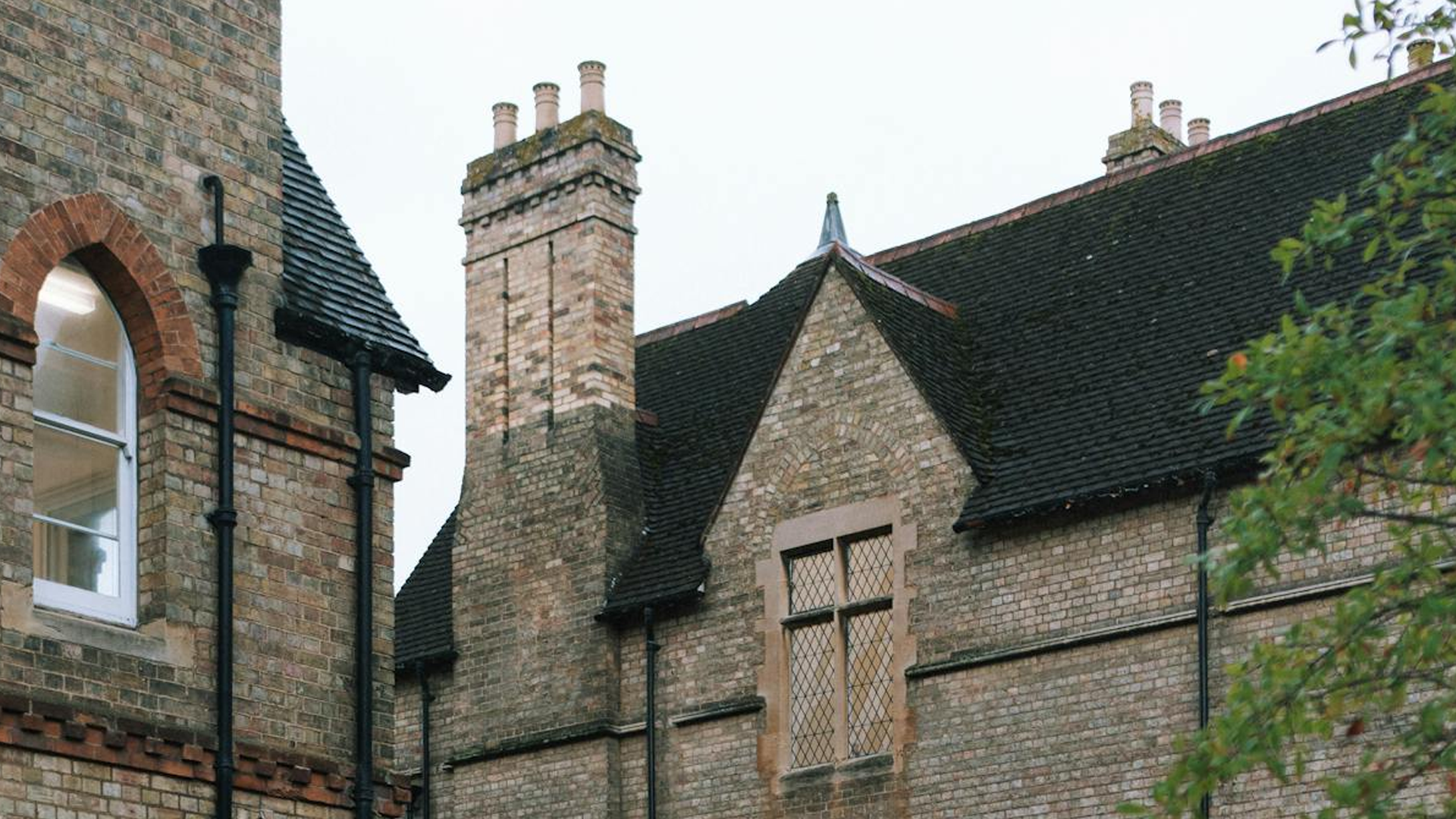Introduction
With energy prices on the rise and the increasing importance of reducing carbon emissions, UK homeowners are looking for effective ways to make their homes more energy-efficient. One of the most impactful changes you can make is to install cavity wall insulation. This simple yet effective solution can significantly reduce heat loss, lowering your energy bills and creating a more comfortable living environment.
Understanding Cavity Wall Insulation
Cavity wall insulation is a vital aspect of home insulation that has a significant impact on the energy efficiency of your house. But what exactly is it? To understand this, it’s necessary to take a step back and look at the construction of many houses in the UK.
Most UK homes built after the 1920s feature a structure known as a cavity wall. This design consists of two walls, often referred to as ‘skins’, with a gap or ‘cavity’ in between them. The outer wall is usually constructed with bricks or blocks, while the inner wall can be made of a variety of materials including brick, concrete block, or timber. The air gap in between these walls is what we refer to when talking about the ‘cavity’ in cavity wall insulation.
This cavity serves several purposes. One of the most significant is to prevent rainwater that soaks into the external wall from reaching the internal wall. However, these cavities can also allow heat to escape your home, which is where cavity wall insulation comes in.
Cavity wall insulation is a procedure where an insulating material is injected into the cavity between the inner and outer wall. This insulating material fills up the cavity, significantly reducing the amount of heat that can escape through your walls. The insulation thus acts as a barrier, preventing the heat generated inside your home from escaping into the outside world.
The benefits of this type of insulation are manifold. They range from creating a warmer and more comfortable home, to significant savings on energy bills due to reduced heat loss, and ultimately contributing to a more sustainable and eco-friendly living environment.
However, cavity wall insulation is not a one-size-fits-all solution. It’s important to note that the effectiveness of this insulation method can vary depending on the type of property, the quality of the existing walls, and the type of insulating material used. Therefore, it’s crucial to seek professional advice before making a decision.
At All Weather Coating, we’re always ready to offer expert guidance on cavity wall insulation, helping you to understand your options and make the right choices for your home. As specialists in exterior wall coatings and weatherproof coatings, we have the knowledge and experience to help you maximise the energy efficiency of your property.
The Benefits of Cavity Wall Insulation
Cavity wall insulation offers a host of advantages for homeowners, making it a smart investment for those looking to enhance the comfort and energy efficiency of their homes. Let’s delve deeper into the numerous benefits of this insulation technique.
Enhanced Comfort
One of the immediate benefits homeowners notice after installing cavity wall insulation is a significant increase in comfort. The insulation acts as a barrier, reducing heat transfer between the inside and outside of your home. This means your home stays warmer in the winter and cooler in the summer, providing a comfortable living environment all year round.
Reduced Energy Bills
Perhaps one of the most tangible benefits of cavity wall insulation is the potential for substantial savings on energy bills. With a well-insulated home, you’ll require
less energy to heat or cool your home, reducing your energy consumption and lowering your bills. The [Energy Saving Trust](https://www.energysavingtrust.org.uk/home-insulation/cavity-wall) suggests that homeowners could save up to £245 a year with cavity wall insulation, demonstrating it’s not just an eco-friendly choice, but a financially savvy one as well.
Lower Carbon Footprint
By reducing the amount of energy you need to heat your home, cavity wall insulation can also significantly lower your home’s carbon footprint. With climate change being a pressing global issue, every step we take towards reducing carbon emissions matters. Insulating your home is a straightforward way to contribute to global environmental efforts while enjoying the benefits of a comfortable, energy-efficient home.
Increased Property Value
Cavity wall insulation could also potentially increase the value of your home. Energy-efficient homes are increasingly sought after in the UK housing market as buyers look for homes that are cost-effective to run and environmentally friendly. By making your home more energy efficient with cavity wall insulation, you’re likely to make it more attractive to potential buyers, enhancing its value.
Reduced Condensation
A well-insulated home can also help reduce the likelihood of condensation, which can lead to dampness and mould. The warmer indoor surfaces in an insulated house decrease the risk of condensation forming, thereby reducing the potential for damp and mould issues.
In conclusion, cavity wall insulation is not just about cost savings. It’s about improving your quality of life by making your home more comfortable, healthier, and environmentally friendly. At [All Weather Coating](https://www.allweathercoating.co.uk/), we can help you reap all these benefits with our professional and efficient insulation services.
Choosing the Right Insulation Material
When it comes to cavity wall insulation, there are a few different materials you can choose from, each with its own set of advantages and considerations. The three most commonly used types are mineral wool, polystyrene beads, and urea formaldehyde foam. Understanding the properties of each can help you make an informed decision.
Mineral Wool
Mineral wool, also known as rock wool or glass wool, is a popular choice for cavity wall insulation. It is made from molten rock or slag spun into a fibre-like structure, creating a material that is excellent at trapping heat. It’s also resistant to fire, moisture, and vermin. However, it can slump over time if not installed correctly, reducing its insulation effectiveness.
Polystyrene Beads
Polystyrene beads are another common insulation material. These are small, lightweight beads that are injected into the cavity with a binding agent. They are effective at reducing heat loss and have the advantage of being able to fill irregularly shaped cavities. However, they are not as fire-resistant as mineral wool.
Urea Formaldehyde Foam
Urea formaldehyde foam is a type of foam insulation that is pumped into the cavity where it then hardens. It is good at filling small or irregular cavities, and it provides excellent thermal insulation. However, it does have a shorter lifespan than the other two materials, and there have been some health concerns related to formaldehyde emissions.
Selecting the Right Material
Choosing the right insulation material for your home is not a decision to be taken lightly. Several factors need to be considered, including the age and condition of your home, the size and shape of the cavities, your budget, and your long-term plans for the property.
At [All Weather Coating](https://www.allweathercoating.co.uk/), we’re here to guide you through this decision-making process. We can help you understand the pros and cons of each material, how they apply to your particular situation, and ensure you
make the best choice for your home and your family. Our priority is to ensure your home is well-insulated, energy-efficient, and comfortable for years to come.
Professional Installation is Key
The efficacy of cavity wall insulation is significantly influenced by the quality of installation. While it may be tempting to turn this into a DIY project, professional installation is critical for several reasons.
Expert Assessment
Before the installation process begins, a professional will carry out a thorough assessment of your property to determine its suitability for cavity wall insulation. This includes checking the width and condition of the cavities, the type of masonry, the exposure to wind-driven rain, and any existing wall ties or damp issues. This pre-installation survey is vital in preventing potential problems down the line.
Quality Materials
A professional installer will use industry-approved, high-quality materials that are suitable for your property. They have the knowledge and experience to choose the best insulation material based on the specific needs and conditions of your home.
Correct Installation
Properly installing cavity wall insulation requires precision and care. A professional installer will drill holes in the external wall at intervals, ensuring even distribution of the insulating material. Once the insulation is in place, the holes are filled to match the existing exterior, leaving no visible signs of the work.
Avoiding Problems
Poorly installed insulation can lead to issues such as cold spots, dampness, and even structural damage. Professionals are trained to avoid such problems, ensuring the insulation is installed correctly and safely. They also take precautions to avoid blocking ventilation, which is necessary to prevent condensation and dampness.
Guarantee
Many professional insulation installers offer a guarantee on their work, providing you with peace of mind. As specialists in exterior wall coatings and weatherproof coatings, All Weather Coating has a team of experienced installers who are trained to the highest industry standards. We ensure a clean, efficient, and professional service every time, enhancing the comfort and energy efficiency of your home with superior cavity wall insulation.
Trusting your home insulation to professionals is a small investment that can pay off with significant dividends in terms of comfort, energy savings, and peace of mind.
Government Grants and Schemes
In an effort to promote energy efficiency and reduce carbon emissions, the UK government offers various grants and schemes that can help homeowners offset the cost of cavity wall insulation. It’s worth exploring these options as they can make insulating your home significantly more affordable.
Green Homes Grant
One of the key schemes is the [Green Homes Grant](https://www.gov.uk/guidance/apply-for-the-green-homes-grant), which offers vouchers to homeowners and landlords to help cover the cost of making energy-efficient improvements to their homes, including cavity wall insulation. This scheme can cover up to two-thirds of the cost of eligible improvements, up to a maximum government contribution of £5,000.
Energy Company Obligation (ECO) Scheme
The Energy Company Obligation (ECO) is a scheme that obliges larger energy companies to deliver energy efficiency measures to domestic households. The ECO scheme has a particular focus on providing support to vulnerable consumer groups and hard-to-treat homes. Depending on your circumstances, you might be eligible for free or discounted cavity wall insulation through this scheme.
Local Council Grants
Some local councils in the UK offer grants or other forms of assistance for home insulation. It’s worth checking with your local council to see if they have any schemes that could help you.
Warm Home Discount Scheme
Although not directly related to cavity wall insulation, the Warm Home Discount Scheme can provide eligible homeowners with a discount on their electricity bills during the winter months. This could indirectly help fund your insulation project.
Remember, eligibility for these schemes can depend on a variety of factors, including your personal circumstances and the specific features of your home. It’s always worth checking to see if you’re eligible for any assistance.
At All Weather Coating, we are well versed in the various grants and schemes available, and we can guide you through the process of applying for relevant schemes, making your cavity wall insulation installation as affordable as possible. Investing in cavity wall insulation is not only beneficial for the environment and your comfort but, with the help of these schemes, it’s also financially accessible.
In Conclusion
Cavity wall insulation is an excellent investment for homeowners in the UK, helping to create a warm, comfortable home while saving money and contributing to a greener future. As specialists in exterior wall coatings and weatherproof coatings, All Weather Coating is committed to providing high-quality, professional installation services to ensure you receive the maximum benefits from your insulation.
Choosing to insulate your home with cavity wall insulation is a step towards a sustainable, energy-efficient future. It’s not only an investment in the comfort and value of your home, but also an investment in the health of our planet. We invite you to join us in our commitment to energy efficiency and sustainability, and we look forward to helping you make your home the best it can be. Reach out to us today for a consultation and take the first step towards a warmer, more energy-efficient home.
